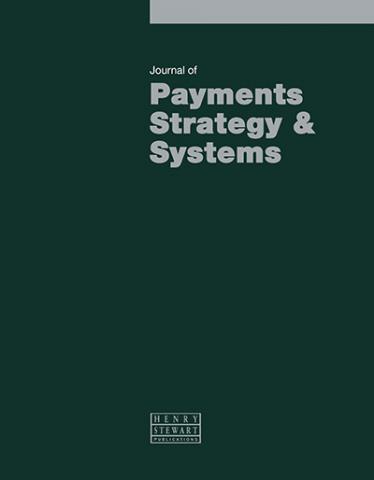“The thought leadership and knowledge sharing by industry experts contained within this Journal truly exemplifies how cyber security is a non-competitive environment.”
The commercial viability of financial inclusion
Click the button below to access the full article.
Abstract:
Mobile phone penetration, regulatory trends, technological efficiencies and the development of low-value payments infrastructures now make it feasible for financial institutions to deliver financial services to more people in more places. With a few basic prerequisites in place, financial institutions are now able to develop commercially viable approaches to financial inclusion. However, they must first rethink traditional notions of ‘viability’ and approach inclusion as a long-term strategic play rather than a short-term profit play. Moreover, the regulatory and infrastructure hurdles are so significant that achieving scale will require public–private partnership. The financial services industry is characterised by its focus on short-term financial metrics and quarterly reporting. Because financial inclusion efforts are a longer-term play, they are typically relegated to CSR initiatives. The model described here allows for a longer-term, strategic approach to product and service development within a financial institution’s core business functions. Using the example of goMoney, a mobile banking platform launched by Australia and New Zealand Banking Group, this paper makes the case for evaluating financial inclusion efforts through the lens of market-level P&L, rather than firm-level profits. It proposes a model that considers a combination of above-the-line returns, alongside social, relationship and regulatory returns that affect the economic activity of communities and nations.
Keywords: Financial inclusion, mobile banking, unbanked, payments infrastructure



